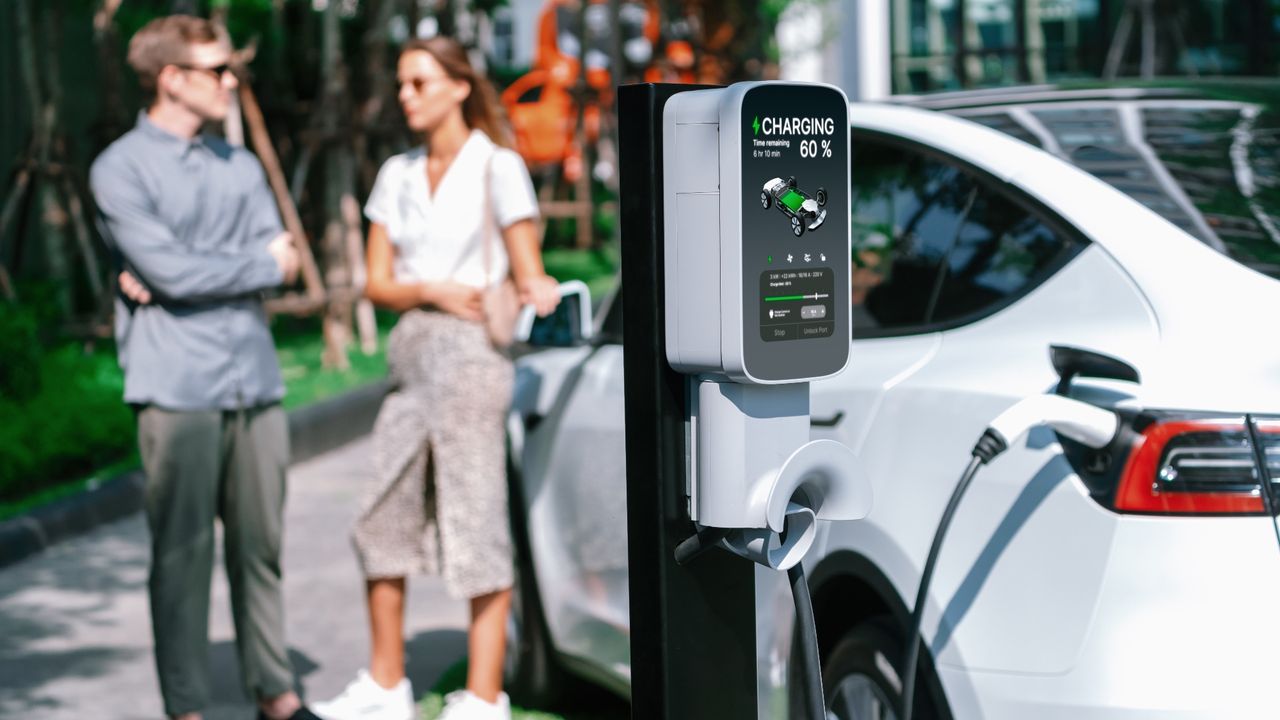Monitoring EV Charging Sessions: A Comprehensive Guide
Welcome to our guide on monitoring EV charging sessions! In this article, we will delve into the importance of tracking charging session transaction details, authentication, and performance. Let’s explore how these elements play a crucial role in ensuring a seamless EV charging experience.
Charging Session Transaction Details
Tracking charging session transaction details is essential for both EV charging station operators and users. By monitoring transaction details, operators can keep a record of charging sessions, including start and stop times, energy consumption, and costs incurred. This information is valuable for billing purposes and helps in maintaining transparency between the operator and the user.
For users, having access to their charging session transaction details allows them to track their charging history, monitor their energy usage, and plan their charging schedules effectively. This data can also be utilized for reimbursement purposes, especially in commercial and fleet settings.
Charging Session Authentication
Ensuring secure charging session authentication is paramount to prevent unauthorized access to EV charging stations. Authentication mechanisms such as RFID cards, mobile apps, and user accounts help in verifying the identity of the user and granting access to the charging station.
By monitoring charging session authentication, operators can track who is using the charging station, ensure compliance with charging policies, and enhance security measures. Users, on the other hand, benefit from a streamlined and secure charging process, knowing that only authorized individuals can access the charging station.
Charging Session Performance Tracking
Tracking the performance of charging sessions is crucial for optimizing the efficiency and reliability of EV charging stations. Performance tracking includes monitoring factors such as charging speed, energy transfer rate, and station uptime. By analyzing this data, operators can identify potential issues, optimize charging station utilization, and improve overall operational efficiency.
For users, performance tracking provides insights into the reliability of charging stations, helping them choose the most suitable stations for their charging needs. Additionally, performance data can inform users about the charging speed and efficiency of different stations, enabling them to make informed decisions when selecting a charging location.
Conclusion
In conclusion, monitoring EV charging sessions is essential for ensuring a seamless and efficient charging experience for both operators and users. By tracking charging session transaction details, authentication, and performance, operators can optimize their charging infrastructure, while users can benefit from a secure and reliable charging process. We hope this guide has provided valuable insights into the importance of monitoring EV charging sessions and the key elements to consider for a successful charging experience.
